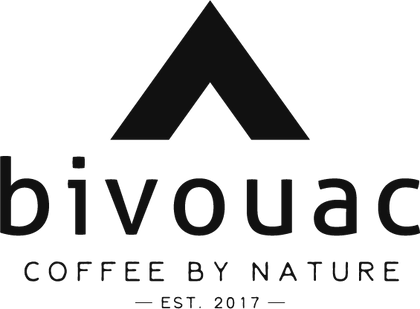About Natural Coffee
The Coffee-Water Problem that no one talks about.
The average 12oz cup of standard western "washed" coffee consumes 396 liters of water in its production. 98% of that water comes from rain that directly grows the plant and then returns to the atmosphere. The other 2% of that water comes from the ground, where it is used to "wash" your coffee to remove the seed from its external cherry. While this 2% is a seemingly small number, it accounts for 7.9 Liters of water usage per 12oz cup, or 4.4 days of drinking water for one adult human. When considering that many of the places we source coffee from struggle with maintaining consistent sources of clean drinking water, the impact of this 2% becomes enormous.
Further amplifying the impact of this 2% is the wastewater it becomes after its done its job "washing" the cherry away from the seed. Studies show that the pollution load of this water is 30-40x that of the sewage under New York City. Unfortunately, due to a lack of infrastructure, this wastewater is frequently released back into the land and rivers near the processing site.
In a time where water is becoming scarce on a global scale, and 35% of the world lacks access to sanitation infrastructure, this status quo is no longer acceptable.
So we set out to find a solution... and it turns out it was right under our nose.
Ever since Kaldi's goats, coffee has been processed "naturally" in the majority of the world. Due to its simplicity of infrastructure, and complete independence from groundwater, "natural" coffees have been the product of choice for remote farmers worldwide. In fact, the global output of naturally processed coffee has grown to DOUBLE that of "washed" coffee. Yet, until now, naturally processed coffee was almost impossible to find in the western world. The reasons why are complex, and as you can imagine, involve strong commercial interest, questionable government regulation, and strong social stigmas.
Good thing for us, the global culture of naturally processed coffee is rapidly changing. Every year, more countries legalize its export and more specialty grade farmers realize the potential of sun drying their coffee within its cherry, instead of washing it off. We here at Bivouac, are excited to be the first company in the United States to exclusively support this method of coffee production and are ecstatic to show you the delicious potential of a simple, sustainable, natural coffee.
Kyle Kociemba BensonDirector of Coffee - Bivouac Coffee Co. PBC

-Sun-dried coffee cherries before and after milling

